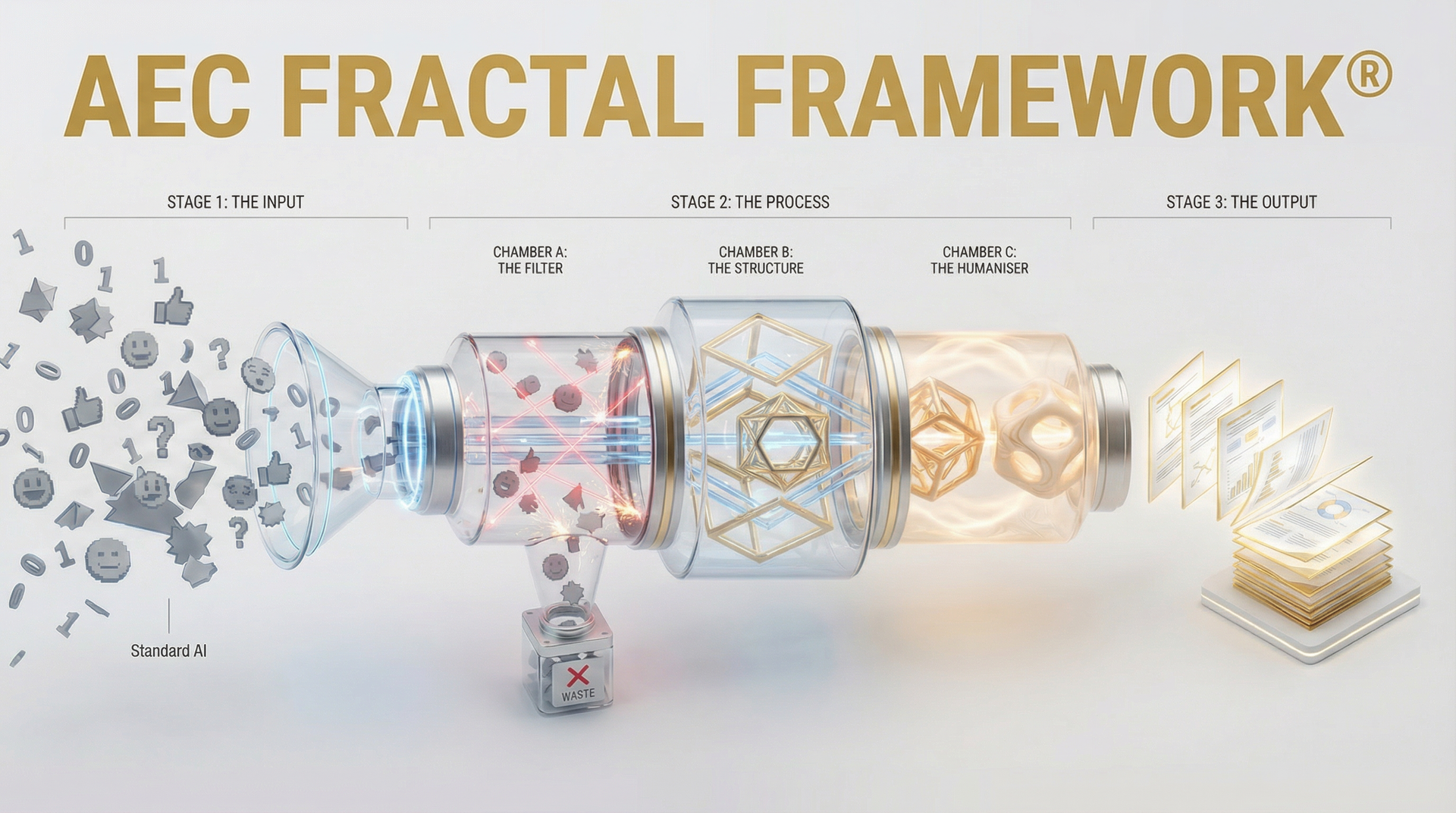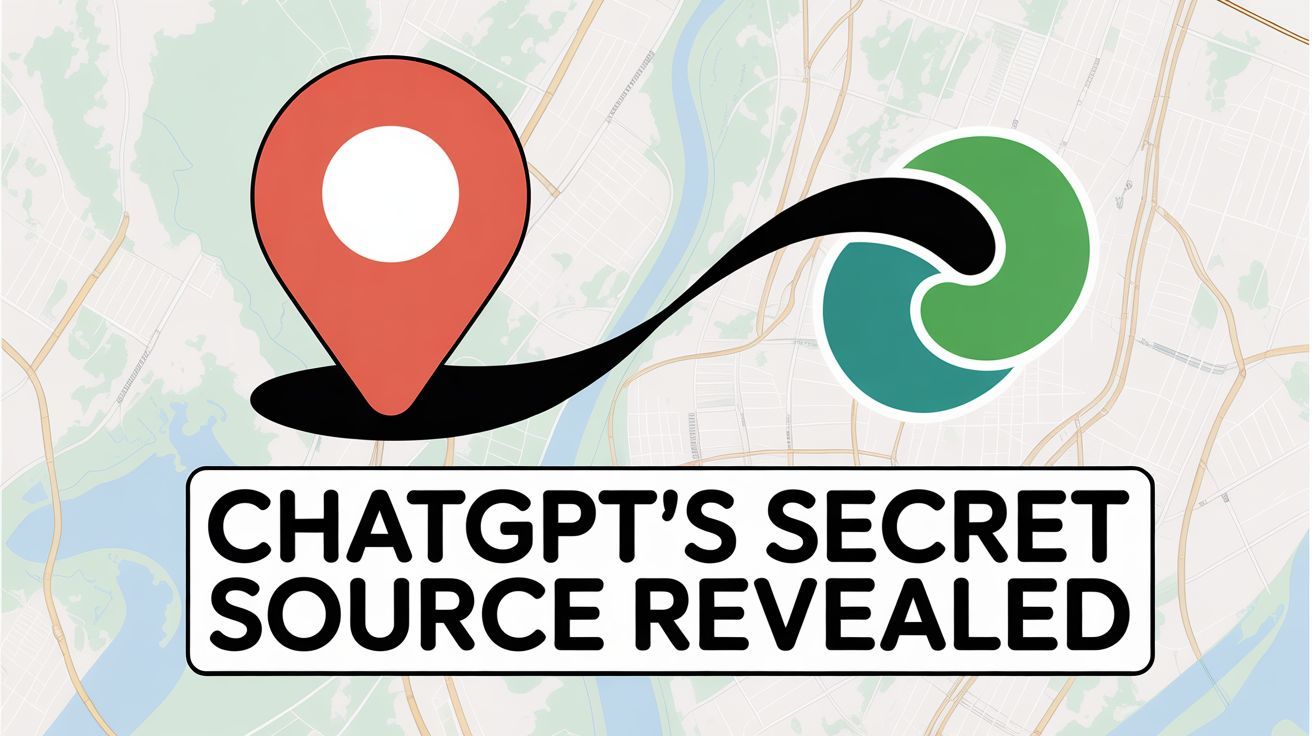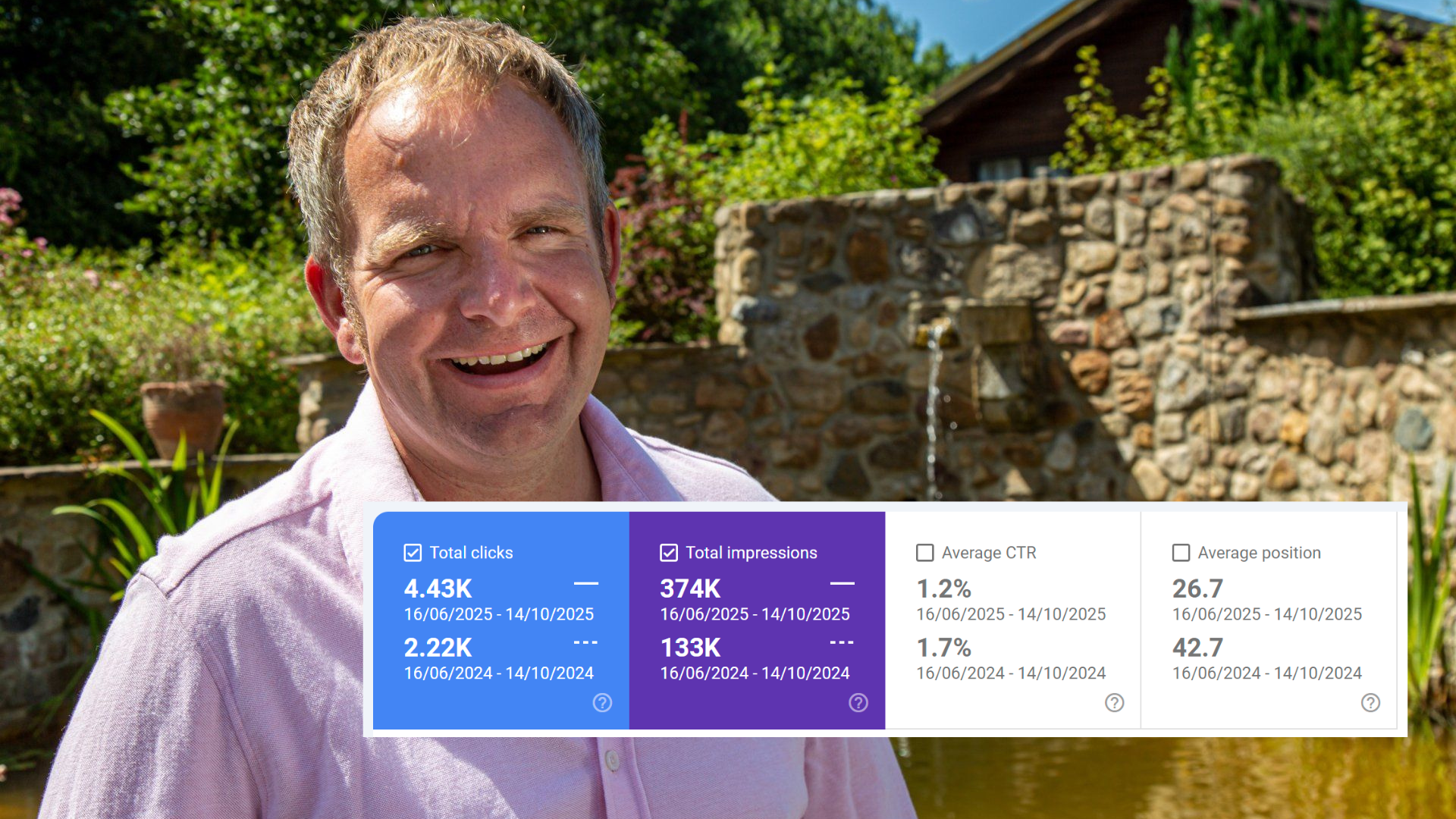October 16, 2025
Stop Collecting Apps - The 3-Tool Truth That Separates Thriving Businesses From Drowning Ones
Author
Tuesday night. Kitchen table. Laptop open. You're hunting for Mrs Johnson's details across seven different apps.
Your partner's asking when you're coming to bed. "Five minutes" - same thing you said an hour ago.
This is madness.
95% of small businesses think they need dozens of tools. Wrong. Three things separate winners from losers.
The Problem
Every business owner I meet collects apps like Pokemon cards.
- Invoicing app.
- Scheduling app.
- Social media app.
- CRM app.
- Project management app.
- Email app.
Result?
More time managing tools than serving customers.
I see plumbers with 12 apps who can't tell you which jobs make money. Business coaches spending 2 hours daily updating systems instead of advising clients.
The Cost
Every extra app steals from you three ways:
- Time: Learning interfaces, managing logins, moving data between systems that don't talk.
- Focus: Brain scattered across platforms instead of doing £100/hour work.
- Money: 90 minutes daily on tool management = 7.5 hours weekly. At £60/hour = £1,950 monthly lost. That's £23,400 yearly.
Enough for holidays, equipment, emergency fund. Gone.
Three Tools That Work
After 12 years fixing this mess, here's what actually works:
1. Website That Converts
Not a brochure. A lead machine working 24/7.
Captures enquiries at 2 AM. Shows your work. Answers common questions. When someone searches "emergency plumber Sheffield" on Sunday night, your site converts panic into profit.
2. CRM That Manages
One system. Every customer. All conversations tracked. Follow-ups automated.
No more "someone called about something but I can't remember what."
Know which customers are worth £500+ yearly. Which waste time with questions then hire cheaper competitors.
3. Marketing That Runs Itself
Not random posting. Systematic lead generation without daily effort.
Content positioning you as local expert. Reviews building trust automatically. Follow-ups nurturing prospects. Referrals turning customers into sales team.
Zero hours weekly on social media. Still getting 3-4 qualified enquiries from online presence.
Why Three Beats Thirty
Integration wins:
- Website captures midnight lead
- CRM logs enquiry, triggers follow-up
- Marketing nurtures until they buy
No manual entry.
No platform switching.
No lost leads.
This is why we built FloweMedia Ecosystem. We hate complexity.
The Timeline
- Month 1: Stop bleeding. Consolidate into three systems.
- Month 3: Recover 10+ hours weekly for revenue work.
- Month 6: Consistent leads without daily marketing.
- Month 12: Business runs systematically. You focus on growth and family.
Before vs After
Before:
- 15+ apps to manage
- 2 hours daily on admin
- Constant stress about missed opportunities
- Working evenings to "catch up"
After:
- One ecosystem
- 30 minutes daily admin (mostly automated)
- Consistent lead generation
- Evenings free for actual life
Reality Check
Count your business apps right now.
More than five? You're overcomplicating success.
Every extra tool steals time from work that grows your business. Every scattered system creates opportunity cost you can't afford.
Three-tool framework isn't about less. It's about exactly what you need to thrive without chaos.
Ready to stop collecting apps and start building systems?
Jon Young
AI marketing expert who cuts through the rubbish to give local business owners what actually works. Co-founder of FloweMedia and creator of the AEC Fractal Framework™. Obsessed with giving you 40 hours monthly back from admin chaos so you can focus on what matters: growing your business and having a life.










